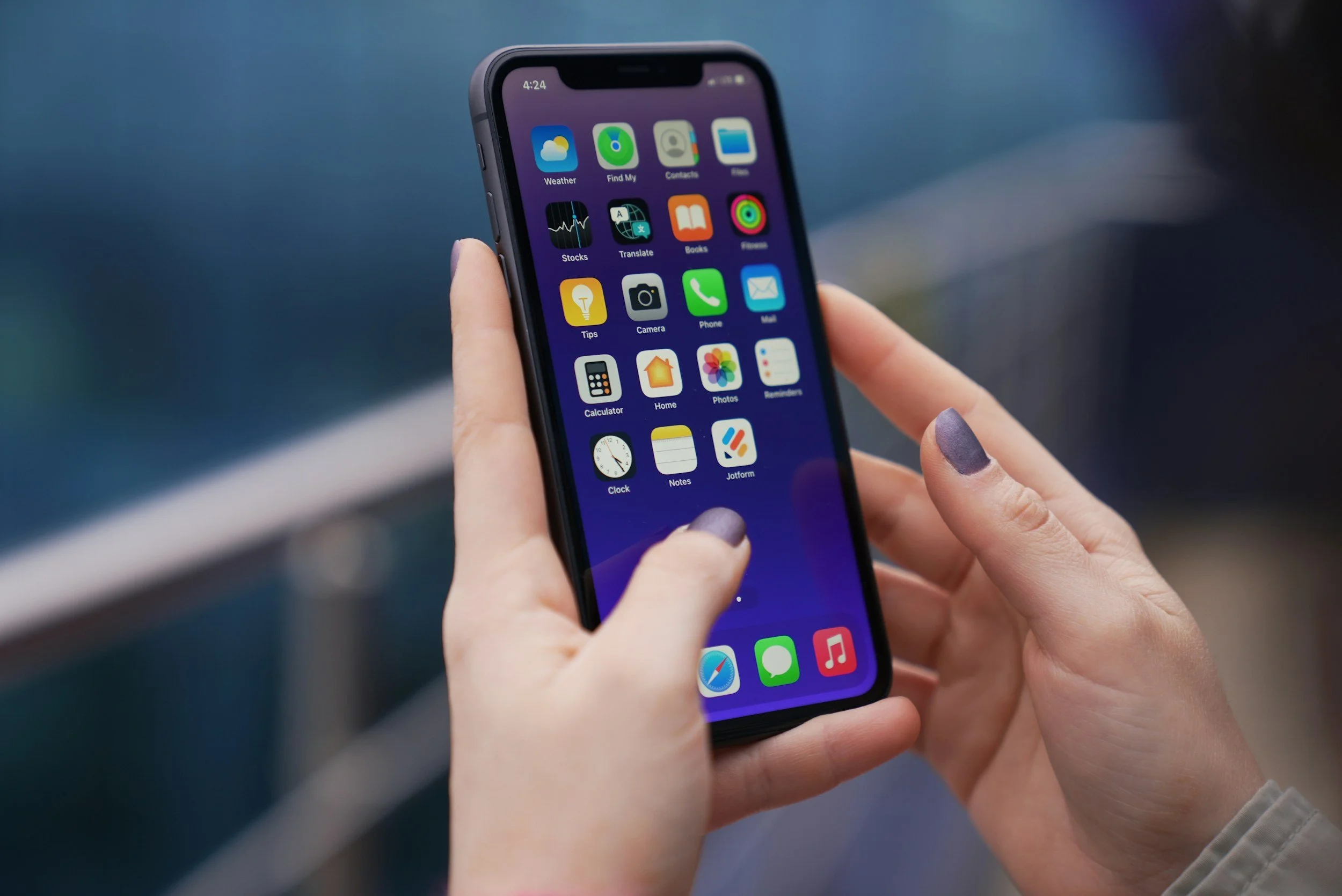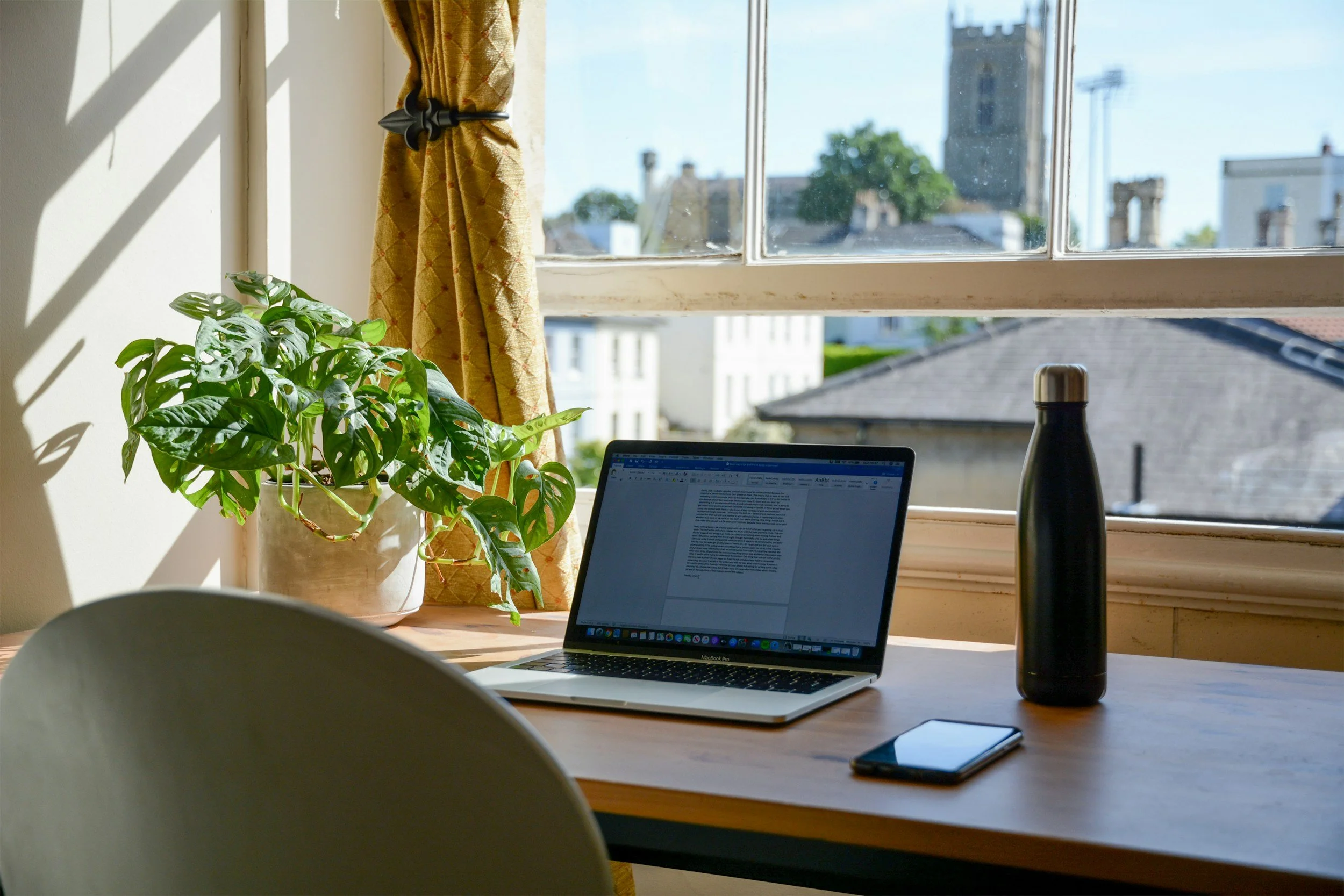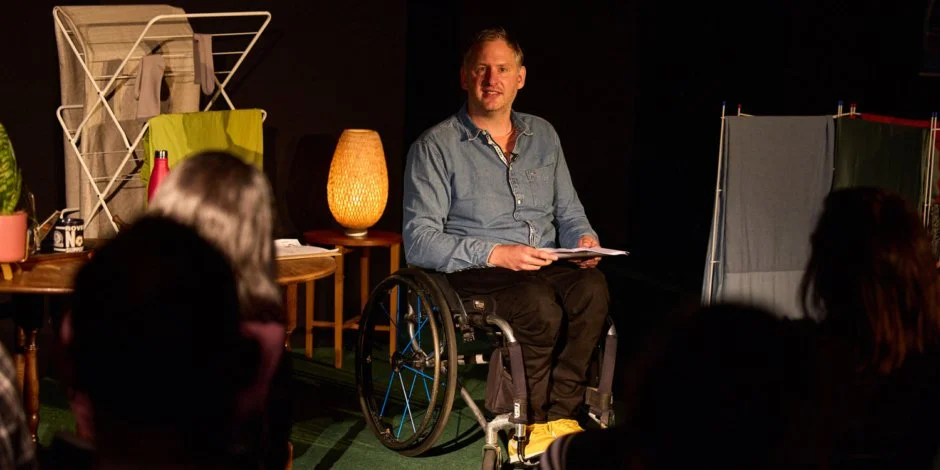Trying to Stay Motivated and Productive whilst Studying from Home? So Are We!
Here are some tips and tricks to combat procrastination and study efficiently from home.
ORGANISATION
Being organised is one of the most important methods of reducing stress and staying in control of University/College work. It seems simple enough right? But the real test is remaining consistent, something which I most definitely struggle with!
However it's the start of a new University/College year and a perfect time to form new habits. Which may be even more essential now that the majority of us are learning and working from a virtual world.
I’ve always struggled with working from home, I’d be a constant in cafes (spending an arm and a leg on overpriced but essential coffee) and libraries. So now that I have started working from home I have had to force myself to learn new habits and strategies to keep focused and I thought there are probably fellow cafe workaholics who may profit from what I have learnt!
WHEN DO YOU WORK BEST?
The first step I found was working out what time of the day I work best - for me it’s the mornings, however, this of course may be different for every individual. If you find the afternoons are best for studying, I would suggest getting all your daily errands out the way in the morning (clothes wash, nipping to the shops, etc), tasks which could easily distract you in the afternoon when you’re studying. And if you’re like me and enjoy working in the mornings, have all your daily errands written out and ready to combat in the afternoon.
THE BRILLIANCE OF LISTS
The first thing is to write out a plan for the day, what work needs to be achieved in that one day, make it achievable otherwise you may get overwhelmed and just want to lie down.
When writing this list, I always include my self care goals for this day (however, make sure this list is under a different sub heading). This may be meditation, reading, yoga, cooking - any activities which make you feel good. In an interview with The Guardian Newspaper, Dr David Cohen explained why to-do lists are particularly helpful:
“They dampen anxiety about the chaos of life; they give us a structure, a plan that we can stick to; and they are proof of what we have achieved that day, week or month.”
STAY PRESENT IN ONLINE LECTURES
It’s quite easy to slip into bad habits when working from home, for example, studying from your bed, going on your phone during lectures or even leaving the room and doing daily errands (all things I am guilty of). It’s easy to get distracted in your home when you notice jobs which need doing.
To tackle this, the first thing I would suggest is having your camera on during a lecture (only if you are comfortable of course). As daunting as this sounds, it will help you to stay more focused and present in class as the teacher can see you and hopefully this will mean you won’t be able to get away with getting distracted.
I would also suggest that when you are studying, put your phone on silent and leave it somewhere where you won’t be tempted to go on it. For my flatmate this is a huge struggle and we have now got into the habit of him giving me his phone, a tactic which seems to be working well.
BREAKS
I don’t think the importance of breaks are promoted enough in education. The Draugiem Group found that regular breaks during the workday are essential for productivity and reducing fatigue.
To stay working and focused for a straight 8 hour day is not feasible. Instead, doing an hour’s work then taking a 15 minute break proved essential for workers to stay present and focused on a task. Workers who actively took their breaks and stuck to the schedule of working for an hour, then resting, were more productive in their work than those who powered through and didn’t take breaks!
In these breaks, try and leave the room you’re studying in; make a cup of tea, go for a walk, have some snacks. This will not only motivate you for each break but will also feed your brain.
SELF CARE
Finally self care and mindfulness exercises are pivotal to prevent work overload and panic. Mindfulness exercises are very useful for staying grounded and reducing stress. I have found 10-20 minute meditation before or during your studies is good for remaining calm. Other activities may include mindful colouring books, journaling how you feel or simply calling a friend and sharing your anxieties. Self care is essential, especially when you are studying!
There are also lots of brilliant books to read which have further tips and tricks to help you keep focused and productive:
Help us keep the City Girl Network running by supporting us via Patreon for the price of a cheap cup of coffee - just £2 a month. For £3 a month you can also get yourself a Patreon exclusive 10% off any of our ticketed events! You can also support us by following us on Instagram, and by joining our City Girl Network (city wide!) Facebook group.
Written by Bronwen Latham














